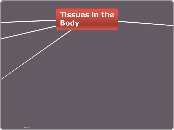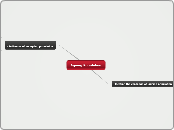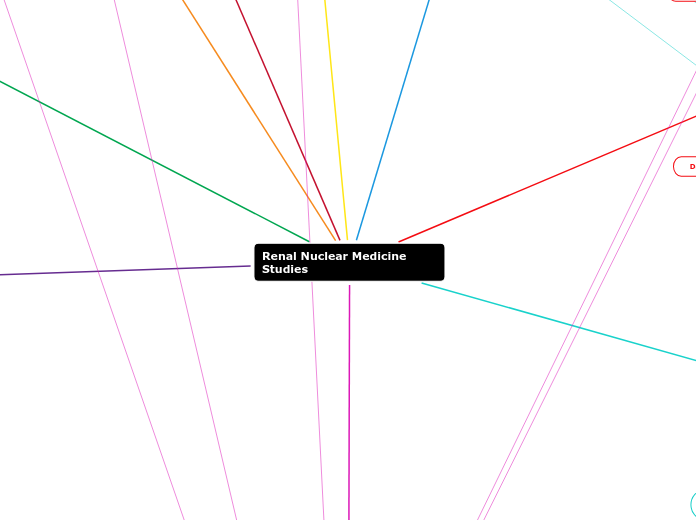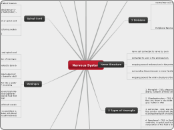Tissues in the Body
Epithealial
Stratified
Cuboidal
Secrete substances. Mammary glands, sweat glands, salivary glands, and pancreas.
Squamous
Outer layer of the skin, line things that need to remain moist. Lines the mouth, throat, vagina and anal canal.
Columnar
Move fluid and protect. Male reproductive areas, male urethra, parts of the pharynx.
Simple
Cuboidal-
Secretion,
absorption
Squamous-
Exchange gasses
because its thin.
Columnar-
secretes digestive fluids,
absorbs nutrients.
Muscle
Cardiac
Webbed to allow the heart to beat rhythmically. Striped(striations.) Intercalated disks, gap junctions for electric flow. Heart.
Smooth
Involuntary, contract when needed. Lack of stripes. Stomach, intestines, bladder.
Skeletal
Contracts the bones of your body around. Vertical stripes(striations). Lots of nuclei to think more because its longer. Bones.
Nervous
Nervous-
Send/ receive electricalimpulses.
Neuroglia cells
support and nourish neurons.
Connective
this sucks
jk its beautiful
Specialized
Cartilage
Bone
Fat
Blood
Blood-
its function is to transport
substances throughout the body.
(liquid matrix is plasma)
Fat-stores fats,
padding to organs.
insolation.
Bone-
Supports body, muscle
attachments.
Blood cell formation.
(osteocytes
Cartilage-
doesn’t have blood vessels.
Supportive framework.
(Chondrocyte) heals slowly.
Fibrous-
loose
Dense
Elastic
Reticular
Reticular-
Form supportive networks.
Structural support.
Elastic-
Surrounds internal
organs,
expand & contract.
Dense-
consists of densely packed
collagen fibers very strong but
lacks good supply. Support.
Loose-
bind delicate body parts,
holds body parts in place.
Subtopic









